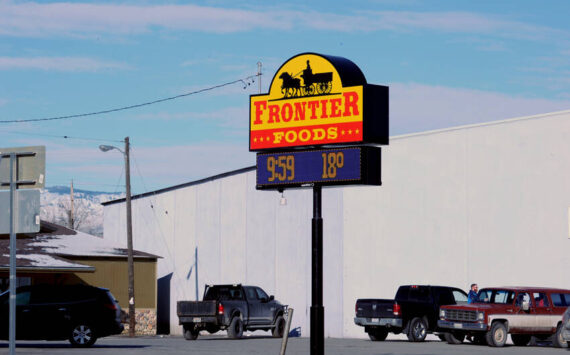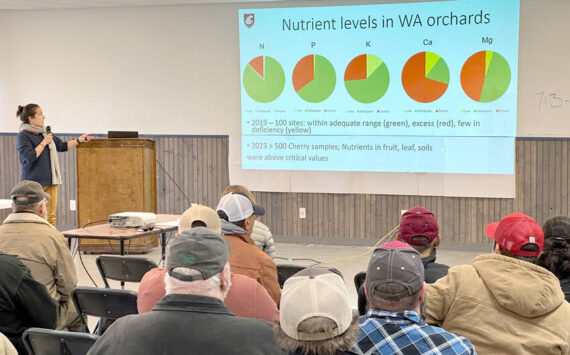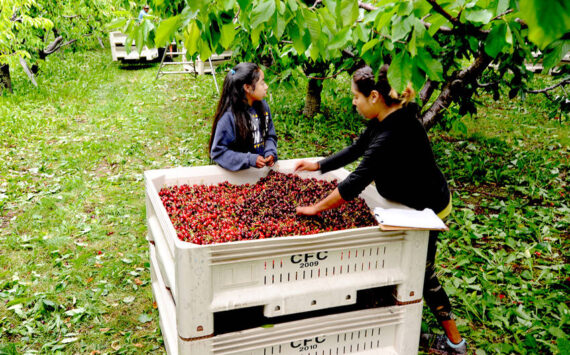“We need to bring truth in labeling back to the general public and make sure USA beef means something.”
Rep. Joel Kretz, R-Wauconda

OLYMPIA – Go to any grocery store in the state and you’ll find beef products of all kinds – steak, roast, ground beef – proudly labeled as USA beef.
“Unfortunately, for consumers and our local beef industry, that’s just not true,” says state Rep. Joel Kretz, R-Wauconda. “We need to bring truth in labeling back to the general public and make sure USA beef means something.”
Kretz is sponsoring legislation this year in Olympia to officially designate between local USA beef and imported beef.
“We have the best beef in the world, period,” said Kretz, a member of the House Rural Development, Agriculture and Natural Resources Committee. “Buyers today want to know where their food comes from. There is a desire for transparency in labeling and a deeper connection to the farm-to-table process. Beef that’s born and raised in Venezuela or Bolivia is not USA beef just because it’s processed here America.”
Kretz’s bill, House Bill 2712, would require retailers to post a sign in the immediate vicinity to distinguish between “USA beef” and “imported.” To qualify for the USA beef label, the beef must be derived exclusively from animals born, raised and processed in the United States. Imported beef must include a sign with the country in which the beef was born, raised and processed.
Kretz said his legislation mirrors federal Country of Origin Labeling (COOL) proposals that were implemented nationwide in the early 2000s. Over the subsequent years, as various trade compacts and the politics surrounding those agreements played out, the COOL requirements were eased.
Kretz said other states are starting to take matters into their own hands when it comes to USA labeling.
“Legislation similar to this passed in Colorado. I think people want as much information about their food as possible,” said Kretz. “If it has to be done at the state level, so be it. The beef producers in our state have higher standards, more safety protocols and quality controls. It’s a far superior product than anything we’re seeing from other countries that have substandard conditions.
“Labeling a steak or some hamburger as USA beef needs to mean something again,” said Kretz. “We have the best beef in the world. I don’t mind paying a little extra for that quality. But we have to stop this practice of attaching a ‘USA’ label on something that is, quite frankly, not born and raised in the United States.”
Kretz’s bill has broad bipartisan support with 14 Democrat co-sponsors.
The 60-day 2020 legislative session began Monday, Jan. 13.





